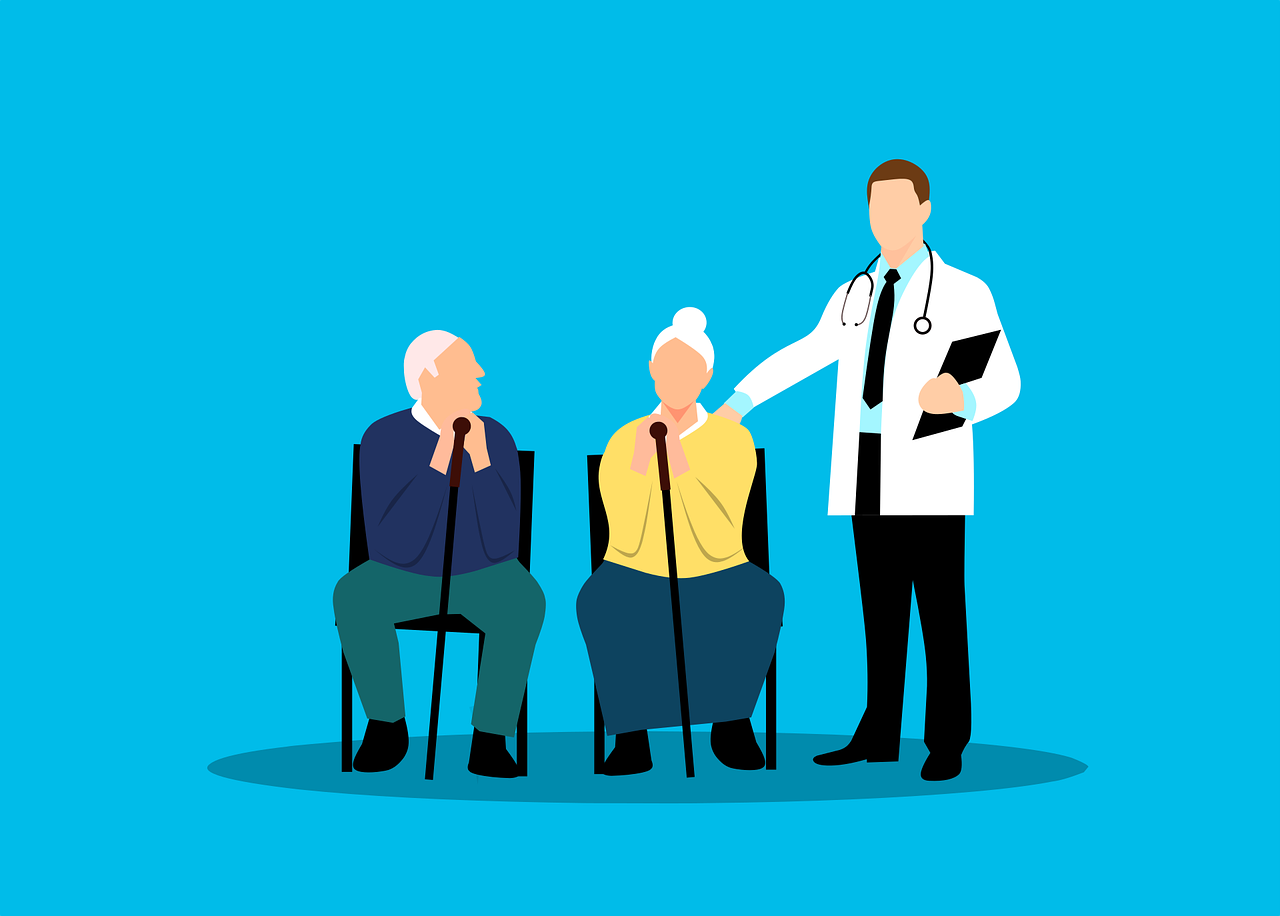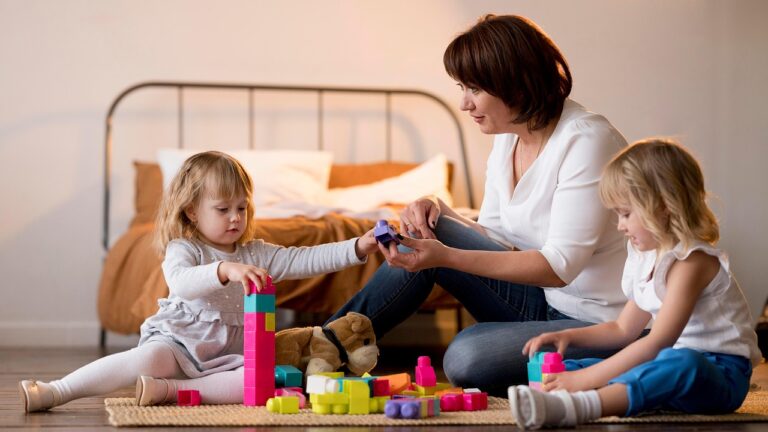Book Appointment Now

Sexual Health and Challenges in Geriatric Patients
Sexual health is a significant aspect of overall well-being, even in older adults. However, sexual health in geriatric patients is often overlooked due to misconceptions and social stigma. As the population ages, it’s essential to address the unique challenges faced by elderly individuals in maintaining a healthy sexual life. This article explores the importance of sexual health in elderly populations, the barriers they face, and strategies for improving their quality of life.
Do you need essay writing help about geriatric sexual health assignment? ![]()
Understanding Sexual Health in Geriatric Patients
Common Misconceptions
One of the biggest challenges in addressing sexual health in seniors is the widespread misconception that sexual activity and interest naturally decline with age. While there may be changes in sexual function, desire does not necessarily diminish, and many elderly individuals continue to have active sexual lives. However, health issues, medications, and societal attitudes can create obstacles.
Physical and Psychological Barriers
Elderly individuals often face physical challenges that impact their sexual health. Conditions like arthritis, diabetes, and cardiovascular disease can lead to discomfort or dysfunction. Additionally, psychological factors such as depression, anxiety, or the loss of a partner can affect sexual desire and activity.
Role of Healthcare Providers
Healthcare providers play a crucial role in supporting sexual health in geriatric patients. It’s important for doctors and nurses to initiate conversations about sexual health, as many older patients may feel embarrassed or believe it’s not a topic worth discussing. By fostering an open dialogue, healthcare providers can offer solutions and interventions that enhance their patients’ quality of life.
Improving Sexual Health in Elderly Populations
Addressing Sexual Dysfunction
Sexual dysfunction, including erectile dysfunction in men and vaginal dryness in women, is common in older adults. Treatment options are available, including medications, lubricants, and physical therapy. It’s important to tailor these treatments to the individual needs of each patient, considering their overall health and any other medications they may be taking.
Psychological Support
Providing psychological support is key to improving geriatric sexual wellness. Therapy and counseling can help elderly individuals navigate the emotional aspects of aging and sexuality. Couples therapy may also be beneficial for those in relationships, helping partners communicate their needs and concerns.
Education and Awareness
Raising awareness about sexual health in elderly populations is vital. Education programs for both healthcare providers and patients can help reduce stigma and promote healthy sexual practices. By normalizing discussions about sex in older age, we can help improve the overall well-being of geriatric patients.
The Importance of Holistic Care
Integrating sexual health into the broader context of geriatric care is essential. By addressing both the physical and emotional aspects of sexual health, healthcare providers can offer more comprehensive care. This holistic approach not only enhances the quality of life for elderly patients but also acknowledges their continued need for intimacy and connection.
Overal sexual health in geriatric patients is a crucial, yet often neglected, aspect of healthcare. By understanding the unique challenges faced by older adults and providing appropriate support, healthcare providers can help ensure that elderly patients enjoy a fulfilling and healthy sexual life well into their later years. Addressing sexual health in seniors is not only about improving their quality of life but also about respecting their dignity and autonomy as they age.
Also read:
- Gender development and sexuality assignment
- Human Sexuality Sex and Gender Paper Essay
- Sex Education in all Schools Assignment







